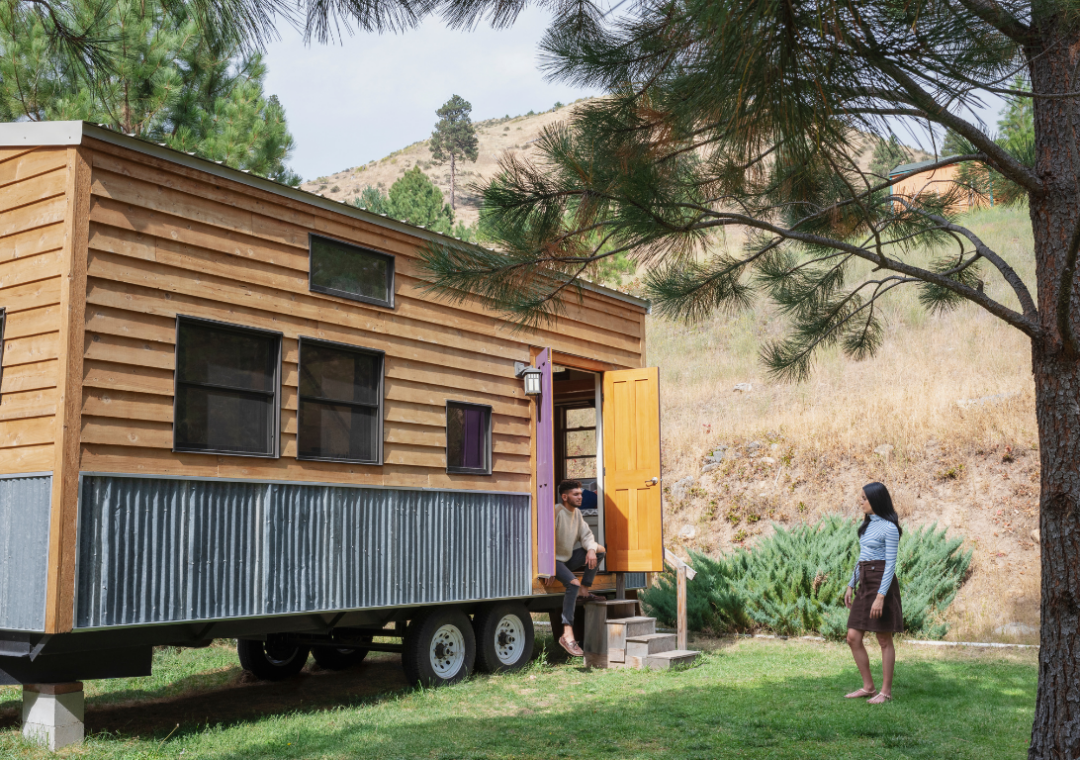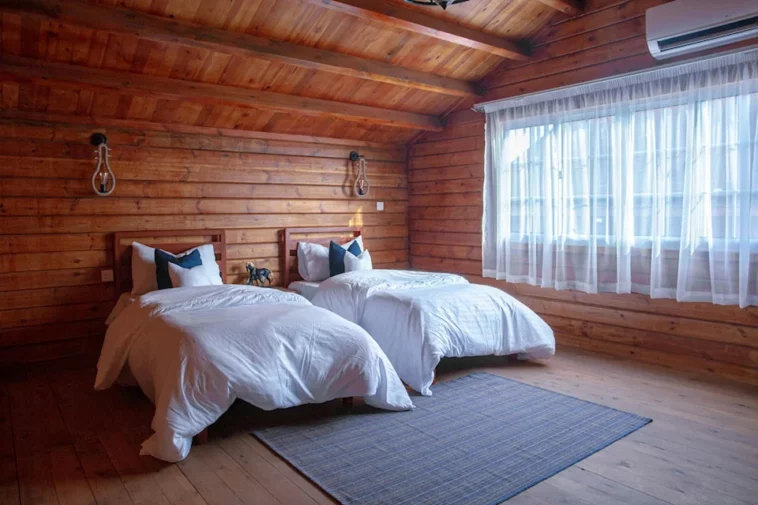Radha Agarwal, Local Journalism Initiative, The Northern View
The City of Prince Rupert has implemented stricter rules for short-term rentals to alleviate the housing shortage and prioritize permanent housing.
In May, the province introduced legislation tightening up provincial AirBnB and short-term rental regulations and allowed local governments to create unique bylaws to supplement those.
“The provincial requirements are the bare minimum standard that all municipalities must meet, and then municipalities can layer on additional regulations if they choose,” said Veronika Stewart, the city’s communication manager.
A short-term rental is considered an accommodation service for less than 90 consecutive days. To comply with the law, all lodging hosts must obtain a business licence from the city.
Provincial rules allow property owners to have short-term rental accommodations in their principal residence, plus one secondary suite or accessory dwelling unit.

The new local regulation matches this restriction and allows for the same exemptions. However, provincial legislation does not apply to RVs and temporary structures.
In both provincial and local legislation, the short-term rental accommodation must be located on the same property as the residence where the host lives for the majority of the year. Short-term rentals within a principal dwelling can consist of bedrooms or areas of the house or the entire house while the host is away, as long as it remains the primary residence where they spend the most time in a calendar year compared to other locations.
The provincial and local short-term rental legislation does not apply to hotels and motels.
Under provincial law, a host can offer a bed and breakfast at their primary residence without any restrictions on the number of bedrooms allowed. In Prince Rupert, the bed and breakfast must be limited to the host’s residence and have only two sleeping units.
These types of rentals are allowed in single-family homes. The business owner must live in the unit and offer breakfast as part of the cost. Like other short-term rentals, guests can use separate sleeping areas but not a full kitchen.
Previously, short-term rental licences in commercial zones were categorized as “traveller accommodation” and were therefore allowed. The change aligns with the province’s jurisdiction-wide approach. As a result, Rupert apartments in commercial zones used for short-term rentals will no longer be allowed unless they are the host’s primary residence or qualify for an exemption.
Additionally, they must deliver off-street parking requirements, which need them to provide one parking spot per sleeping unit rented out.

Some accommodations can qualify to be exempt from short-term rental bylaws, such as:
1. Ones with fractional ownership agreements that prohibit principal occupancy.
2. Timeshare properties.
3. Accommodation in commercial buildings that is part of an outdoor recreation operation with a valid business licence, such as fishing and water sports, and is provided and operated only for that purpose.
4. Formal home exchange arrangements.
5. Living accommodation primarily for students or employees of an educational institution owned or operated by the educational institution or a non-profit organization.
Read more on this here.







